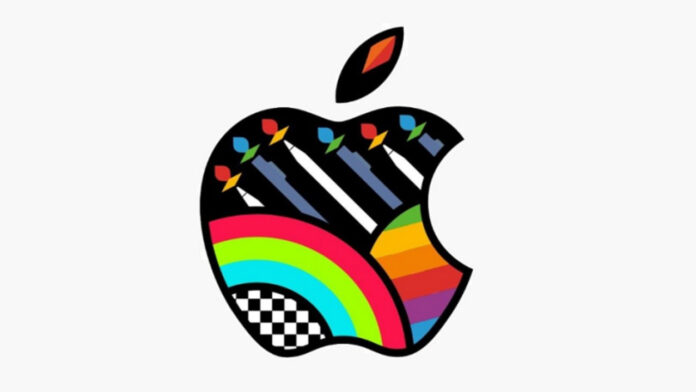Apple has confirmed it would establish two shops in India’s major cities of Mumbai and New Delhi. Apple BKC in Mumbai will be the first to welcome customers on April 18, and Apple Saket in Delhi will do the same on the 20th.
According to Apple’s website, the opening of these stores represents a major growth for the company in India and will provide consumers with “exceptional service and experiences” while shopping for Apple goods.
Apple Saket is Delhi’s First Apple Retail Shop
On the 20th of April, at 10 a.m., Apple Saket will welcome its first customers. Customers may stop by to learn about and try out the newest Apple products, receive innovative ideas from the store’s Creatives, and get expert help from the store’s Specialists.
Apple Saket’s distinctive barrier was inspired by Delhi’s various gates, each of which marked a new era in the city’s long and eventful history. The vibrant mural honors Apple’s second Indian shop, which is conveniently placed in the nation’s capital.
Mumbai’s Apple BKC was India’s First Apple store.
On April 18 at 11 AM, Apple BKC will officially open to the public. Apple BKC has announced a unique Today at Apple series, “Mumbai Rising,” beginning on the opening day of the first Apple Store in India and continuing throughout the summer.
These events will include interactive exercises using Apple’s devices and services that honor the Mumbai community and culture, bringing together tourists, local artists, and other creatives. The “Mumbai Rising” seminars are available for exploration and registration at apple.com/in/today.
Customers can get in the mood for the grand inauguration by downloading exclusive BKC and Saket wallpapers, as well as a Mumbai and Delhi-themed playlist on Apple Music.
The American software giant has been steadily and quietly trying to relocate some of its manufacturing operations from China to other nations, such as India. Key Taiwanese supplier partners Foxconn Technology Group, Pegatron Corp., and Wistron Corp. have increased iPhone production in India as a result of Prime Minister Narendra Modi’s local manufacturing drive, financial incentives, and India’s much cheaper labour.

